#Henry B Walthall
Text
Chandu the Magician 1932
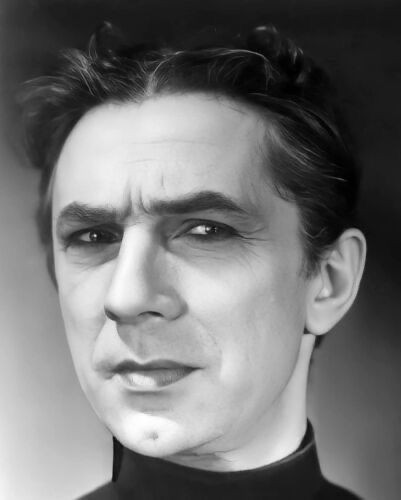

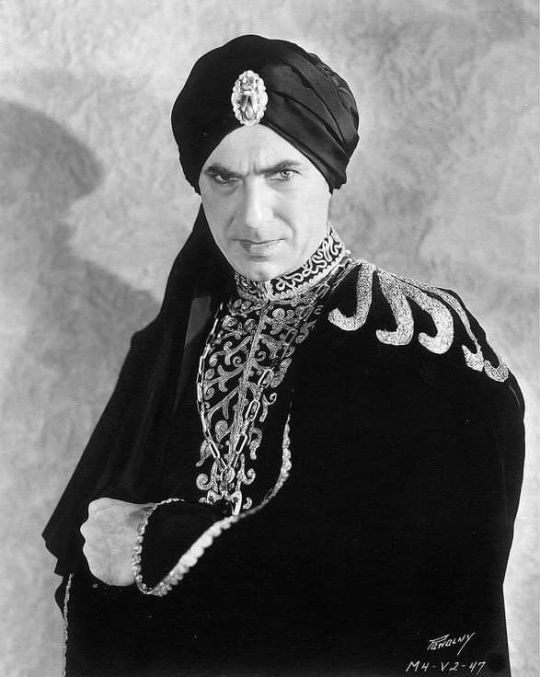

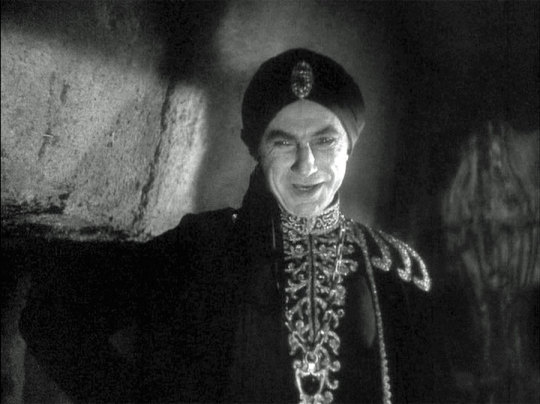
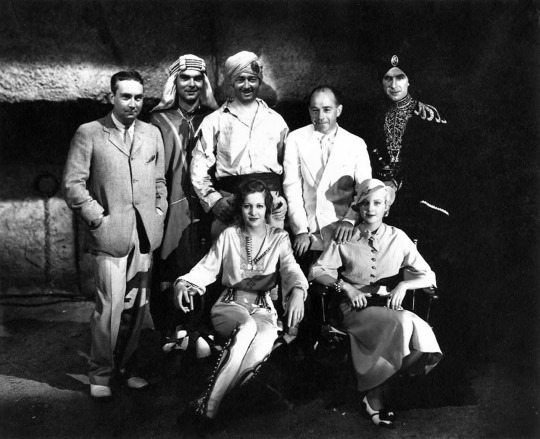
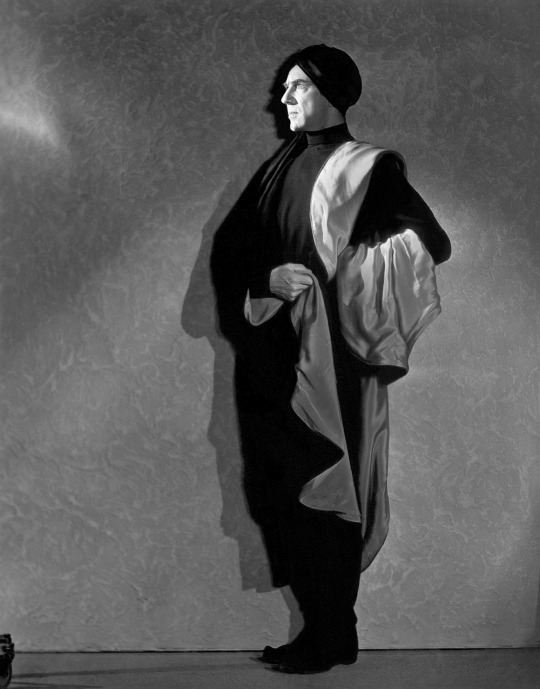

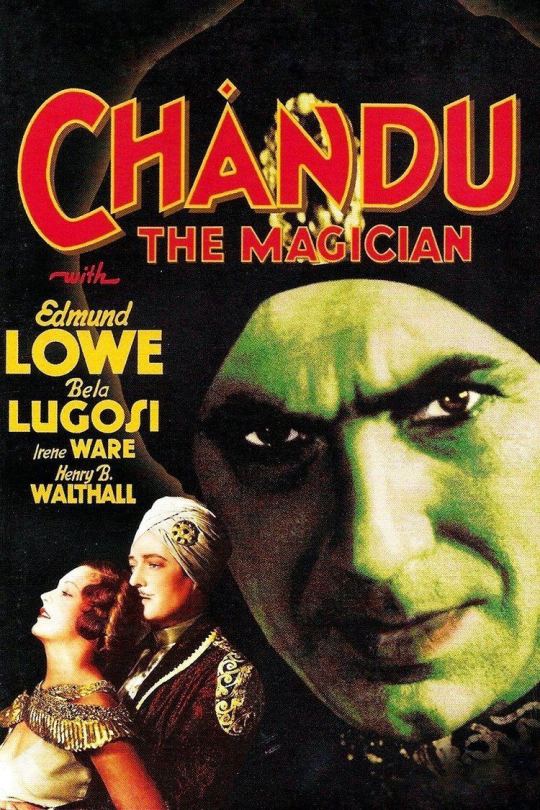

Roxor (Lugosi) kidnaps Robert Regent and his death ray invention. He hopes to degenerate humanity into mindless brutes, leaving himself as Earth's supreme intelligence.
20 notes
·
View notes
Photo
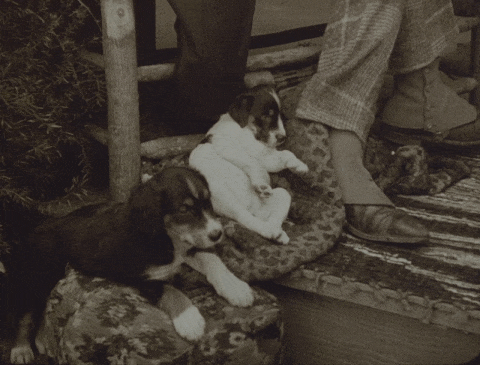
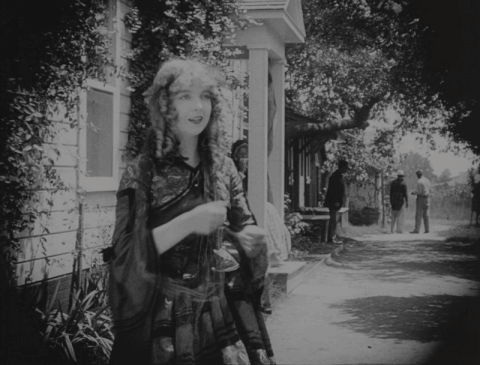
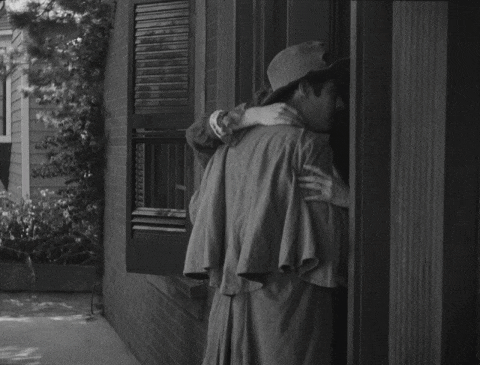
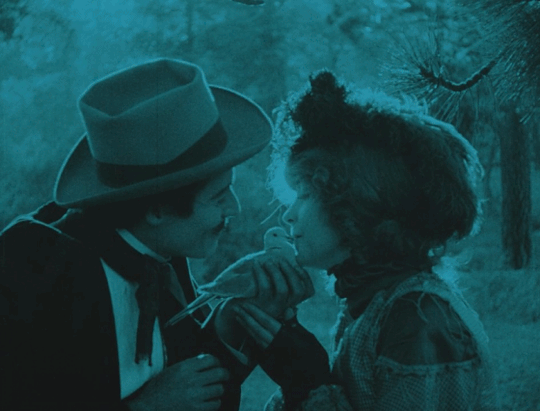
The Birth of a Nation (D.W. Griffith, 1914)
#the birth of a nation#d.w. griffith#d. w. griffith#griffith#henry b. walthall#lillian gish#dog#gif#dove#1914#silent film#silent movies#silent cinema#silent
56 notes
·
View notes
Text
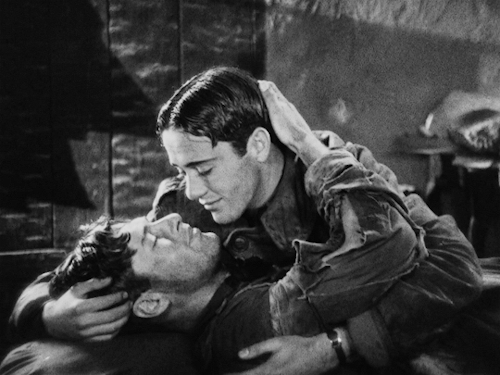
WINGS 1927
Jack - don't you know me?
#wings#1927#clara bow#charles rogers#richard arlen#jobyna ralston#el brendel#richard tucker#gary cooper#gunboat smith#henry b. walthall
11 notes
·
View notes
Text

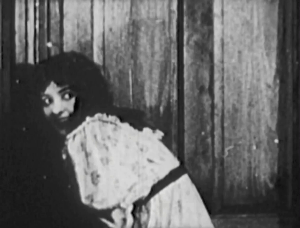

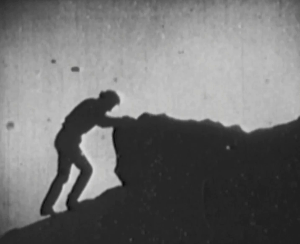

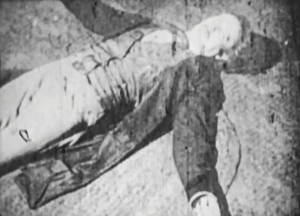
Then this ebony bird beguiling my sad fancy into smiling,
By the grave and stern decorum of the countenance it wore,
"Though thy crest be shorn and shaven, thou," I said, "art sure no craven,
Ghastly grim and ancient Raven wandering from the Nightly shore—
Tell me what thy lordly name is on the Night's Plutonian shore!"
Quoth the Raven "Nevermore."
3 notes
·
View notes
Text


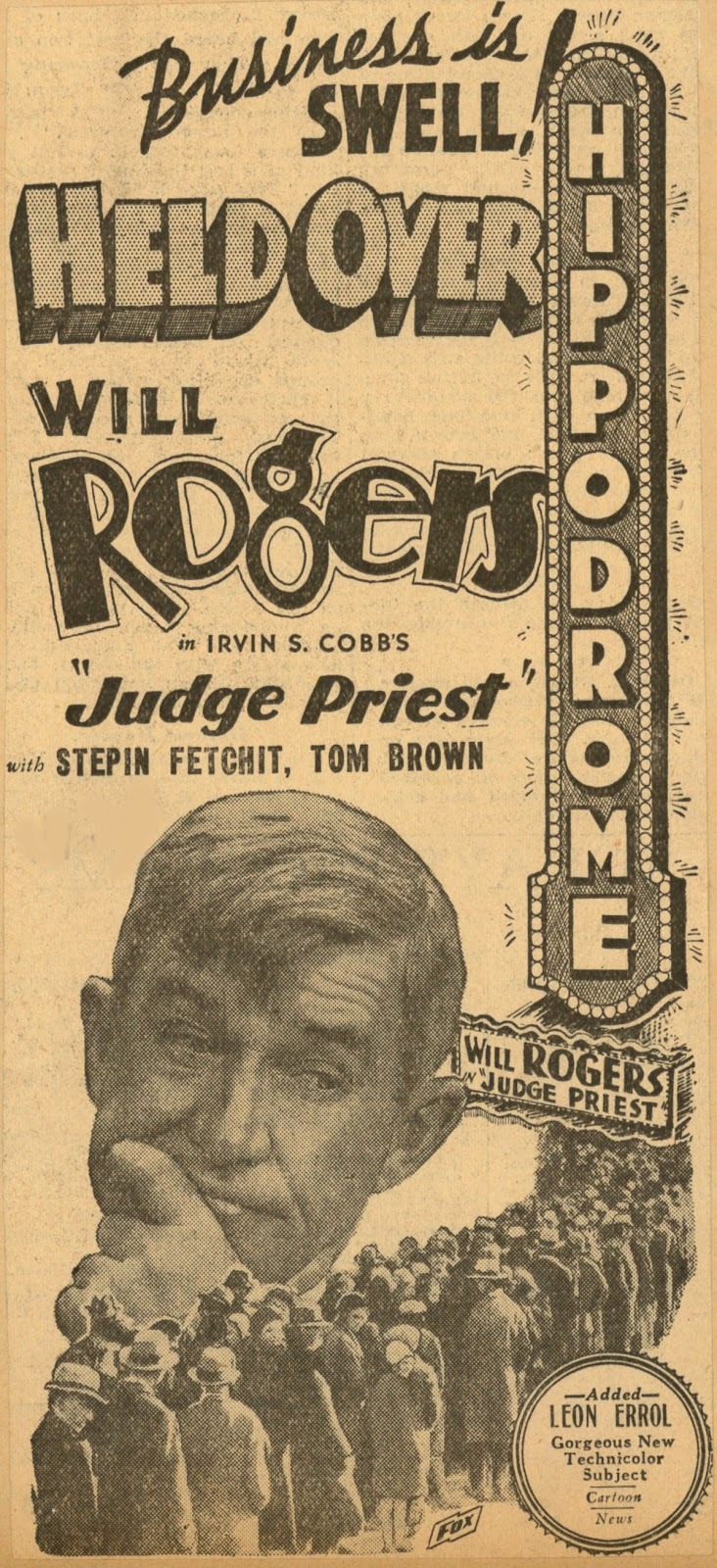


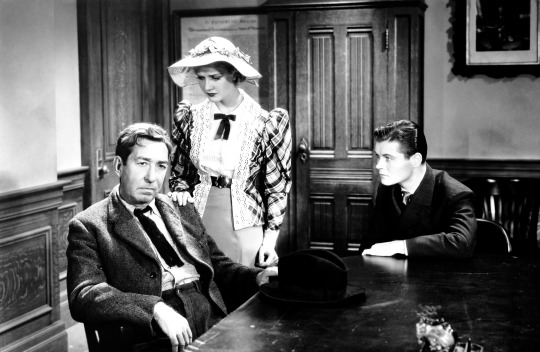




Judge Priest (1934) John Ford
December 14th 2023
#judge priest#1934#john ford#will rogers#tom brown#anita louise#stepin fetchit#henry b. walthall#david landau#hattie mcdaniel#charley grapewin#berton churchill#rochelle hudson#brenda fowler#frank melton#old judge priest
2 notes
·
View notes
Photo
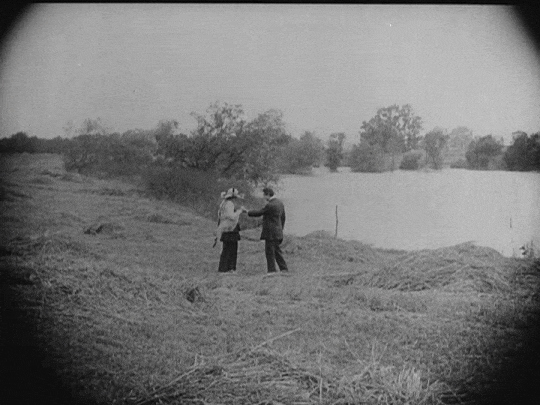
The Avenging Conscience: or 'Thou Shalt Not Kill' (D.W. Griffith, 1914)
#the avenging conscience: or 'thou shalt not kill'#d.w. griffith#griffith#d. w. griffith#silent film#1914#gif#silent movies#silent cinema#silent#blanche sweet#henry b. walthall#the avenging conscience#edgar allan poe
15 notes
·
View notes
Photo
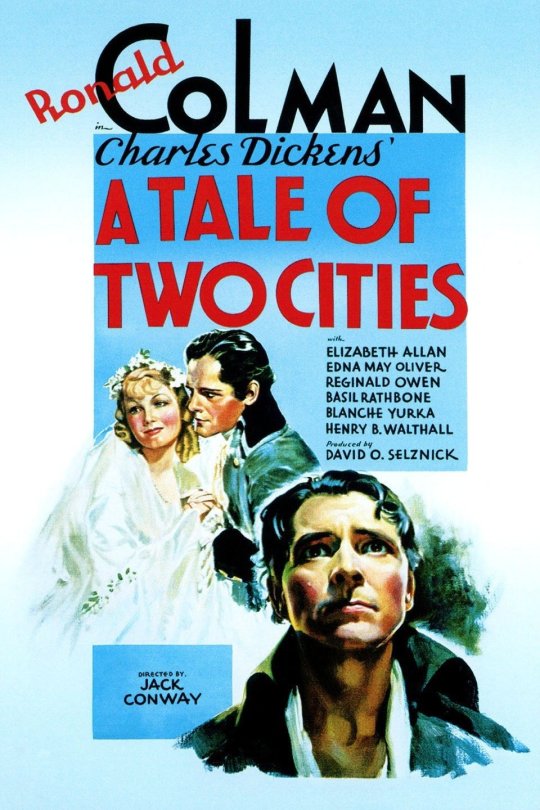
#a tale of two cities#ronald colman#elizabeth allan#edna may oliver#reginald owen#basil rathbone#blanche yurka#henry b. walthall#jack conway#1935
5 notes
·
View notes
Text
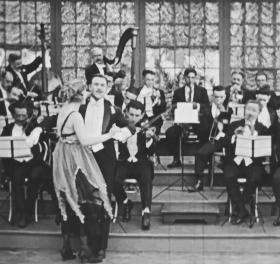
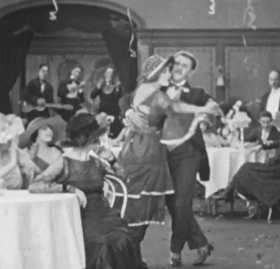
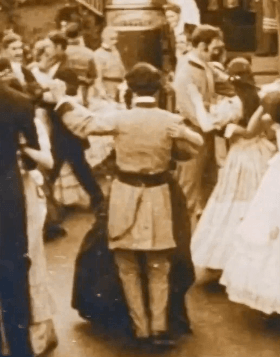
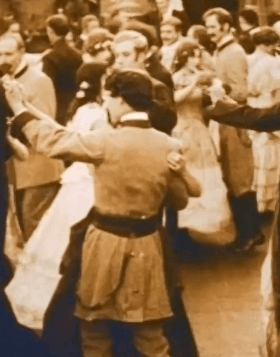

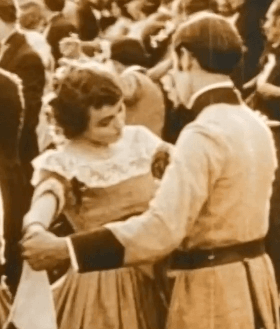
Ford Sterling and Phyllis Haver / Mrs. Ford Sterling and Henry B. Walthall
#ford sterling#phyllis haver#teddy sampson#henry b. walthall#henry walthall#국가의 탄생 1915#hearts and flowers 1919#fordphyllis forever
0 notes
Text

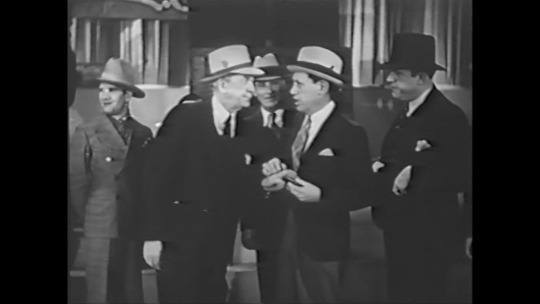
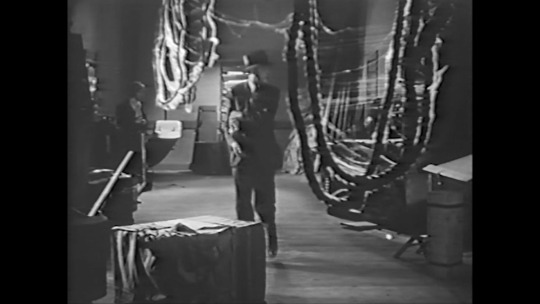
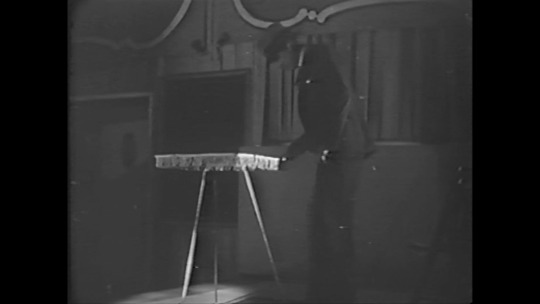
youtube
The Murder in the Museum (1934)
My rating: 4/10
Dull and unremarkable, and for a movie set at a sideshow bizarrely devoid of any kind of music (seriously, there's actual dance scenes set entirely to crowd noises), but ultimately, I suppose, inoffensive.
#The Murder in the Museum#Melville Shyer#F.B. Crosswhite#Henry B. Walthall#John Harron#Phyllis Barrington#Youtube
1 note
·
View note
Text

The Birth of a Nation (D.W. Griffith, 1915)
Cast: Lillian Gish, Mae Marsh, Henry B. Walthall, Miriam Cooper, Mary Alden, Ralph Lewis, George Siegmann, Walter Long, Robert Harron, Wallace Reid, Joseph Henabery, Elmer Clifton, Josephine Crowell, Spottiswoode Aitken, George Beranger, Maxfield Stanley, Jennie Lee, Donald Crisp, Howard Gaye, Raoul Walsh. Screenplay: Thomas Dixon Jr., D.W. Griffith, Frank E. Woods, based on a novel and play by Dixon. Cinematography: G.W. Bitzer. Film editing: D.W. Griffith, Joseph Henabery, James Smith, Rose Smith, Raoul Walsh.
Is it an overstatement to say that the stench of The Birth of a Nation is more than a subset of the blight cast on American society and politics by slavery? Because Griffith's film informed an entire industry, not only with its undeniable influence on the language and grammar of film, but also in the tendency to valorize bigness above intimacy, action over thought, sensation over understanding that has characterized the mainstream of American movies. It was the first blockbuster. It was both intelligently crafted and abominably stupid. It just might be the most pernicious work of art ever made, a magnificent nauseating lie. Its portrait of Reconstruction warped the teaching of history for generations, and although the resurgence of the Ku Klux Klan that it inspired has waned, we still find ourselves swatting down the heirs of the Klan like the Proud Boys, the Promise Keepers, and others who would defend what one of Griffith's title cards calls the "Aryan birthright." Even the reaction against The Birth of a Nation has its dark side: The recognition of the power of movies that followed its release eventually produced calls for censorship that would hamstring the medium. On the right, a suspicion that movies had the power to promote a leftist agenda led to the blacklist era, in which communists, not racists, were the target. And what is the crusade by some against "wokeness" in the media but another call for the kind of ideological purity that would stifle art? So to call The Birth of a Nation an essential film is an understatement. Looking at it as a demonstration of the ability of cinema to profoundly affect society could reveal it to be the most important movie ever made.
3 notes
·
View notes
Video
youtube
Beggars In Ermine (1934) | Lionel Atwill | Betty Furness | Full Movie
Beggars in Ermine is a 1934 US pre-code movie directed by Phil Rosen. The stars are Lionel Atwill, Betty Furness, and Henry B. Walthall. John Dawson is a steel mill owner. In an accident that was planned by his devious secretary-treasurer, he loses his legs and his company. After John meets a blind peddler, Marchant, he travels the country, under an assumed name, organizing beggars, peddlers, and the handicapped. Cast Lionel Atwill as John "Flint" Dawson aka John Daniels Betty Furness as Joyce Dawson Henry B. Walthall as Marchant the Blind Man Jameson Thomas as James "Jim" Marley James Bush as Lee Marley, Jim's Son Astrid Allwyn as Mrs. Vivian Dawson George 'Gabby' Hayes as Joe Wilson Stephen Gross as Scott Taggart, Joyce's Lawyer Sam Godfrey as Enright, Marley's Lawyer Myrtle Stedman as Nurse Lee Phelps as Joe Swanson, Night Crane Operator Never miss a video. Join the channel so that Mr. P can notify you when new videos are uploaded: https://www.youtube.com/@nrpsmovieclassics
0 notes
Text
Classic Film Festival Day 2
And we're back! For Day 2 of Cinecon 59, and although this is a 5-day festival, we don't let one minute of these precious days go to waste. So yeah, Day 2 sure was jam packed....
Boris Karloff Home Movies (1937 - 1941)
As a relative newbie to the cinephile universe, Boris Karloff is most famous to me as The Monster in Universal's classic horror films of the 1930s and 1940s. Frankenstein's monster, of course, but I also know he starred as assorted villains over the years - the Satanic priest Hjalmar Poelzig in The Black Cat (1934), the lumbering executioner in 15th century England in Tower of London (1939), and the original Imhotep in The Mummy (1932).
The short clips of home movies shown in this 15-minute presentation highlighted the man behind the monster, with shots of birthday parties, his very young daughter Sara (born on his 51st birthday, while he was at work on Son of Frankenstein (1939)), his large home and gardens, and a wide variety of friends. All clips were accompanied by biting-but-loving commentary by the now elderly Sara Karloff, who adored her father, but also saw there was something inane in the fact he owned.... goats.
Little Mickey Grogan (1927)
RKO Pictures
Director: James Leo Meehan
The first feature of the day got us off to a rip-roaring start, with this silent comedy about two semi-homeless kids, the eponymous Mickey (Frankie Darro) and his spitfire kinda best friend, Susan (Lassie Lou Ahern), who manage to solve an entire host of other people's problems, and still find their own happy ever after in the process.
First up is befriending kind-hearted factory worker, Winnie (Jobyna Ralston), who takes both children in and offers them food, a place to stay, and - gross! - a bath. As appreciative as they are, Mickey is listless and he is back on the streets in no time, now befriending an unemployed architect who lost his job because he is slowly going blind. Through a series of hapless circumstances, Mickey manages to get Winnie and Jeff (Carroll Nye) in the same room, where sparks fly, and Winnie becomes determined to help Jeff get his life back on track.
More shenanigans ensue - most perpetrated by a rather acrobatic Mickey - but we can all guess how this turns out, right? Winnie finds a way to get Jeff the medical help that will reverse his vision loss, he lands a job as an architect, and the two happily adopt their homeless benefactors.
Not much of a spoiler alert as the film's plot was delightfully predictable, and I do mean that, while it is clear from the start how things will end, the fun is watching this cast get to that end. Frankie Darro was especially impressive, with his many stunts, and Lassie Lou Ahern kept pace with him with her snappy one-liners. A joy to watch at 9am!
The Scarlet Letter (1934)
Majestic Pictures
Director: Robert G. Vignola
I read this book in high school, and remembered this: what's-her-name committed adultery and she wore a big red "A" on her chest for the rest of her life. I also remember not enjoying the book all that much, so I was pleasantly surprised by this recently restored version - the first sound adaptation of the Nathaniel Hawthorne novel every student will undoubtedly read at some point in their academic career.
In this version, the beautiful Colleen Moore takes on the role of Hester Prynne, the 17th century Massachusetts widow who has an affair with the town minister, Arthur Dimmesdale (Hardie Albright). When the unmarried Hester becomes pregnant, and will not reveal the name of her baby's father, she is forced to wear a scarlet "A" on her chest as a mark of her crime.
Hester plows onward, giving birth to her illegitimate daughter Pearl (Cora Sue Collins), and trying to make a life for the two of them in a town that shuns them. Among those who turn their backs on Hester and Pearl is Hester's long-lost husband, Roger Chillingworth (Henry B. Walthall), whom she believed died in a shipwreck years earlier, and who shows up in town the same day as her trial. Furious at her betrayal, Chillingworth makes it his mission to ruin Hester's life by letting her flail at survival.
And there's the Reverend Dimmesdale, eaten alive by guilt over the tortures inflicted on Hester by his parishioners, and her protection of him, but who can't seem to figure out a way to make things right.
It will all come to a tragic conclusion (of course - otherwise, why would the book be required reading for students everywhere?), but I still found myself enjoying the film. It was a bit slow (what classic literary masterpiece isn't?), and I did walk away with the same thought I had after reading the book - what was the point? - but I still thought the performances were strong, the set design was masterful, and there were some nice comic elements scattered throughout. Not a bad way to spend an hour or so.
Forgotten Faces (1928)
Paramount-Famous Players Lasky
Director: Victor Schertzinger
We go from dark to darker with this 1928 silent drama. And whew, I do mean dark. "Heliotrope Harry" Harlow (Clive Brook) is a successful thief and con man, who comes home early one night from a job and finds his heartless gold-digging wife, Lilly (Olga Baclanova) in bed with another man. Cool as a cucumber in the fridge, Harry whips out a gun and shoots the lover dead.
Knowing Lilly is evil, and prison is now his only destination, Harry retrieves his beloved infant daughter from a nearby bedroom, and takes her to a wealthy family, leaving her on the front step for them to find and adopt. Harry then calls on his friend and criminal partner, Froggy (a very young William Powell) and begs him to watch over his daughter, to make sure Lilly never finds her.
Fast forward 15 years, and Harry is behind bars for murder, Lilly is living in squalor, and Froggy is keeping his promise to protect Alice (Mary Brian). But that sneaky scheming Lilly - she tricks Froggy into revealing Alice's location - and Lilly can't help herself. She visits Harry in prison, and gloats that she knows where their daughter is, how wealthy her adopted family is, and she will stop at nothing to fleece Alice of everything she has.
Desperate to stop Lilly, Harry manages to break out of prison (as one could do with some ease in the 1920s), and secure a job as a butler with Alice's family. He bides his time, falling in love with his daughter all over again, and waiting for the showdown with Lilly he knows is coming.
I have to admit, I was a bit surprised at the darkness of this material. You do have it all - a heartless wife and mother only interested in money, a crime of passion (murder, no less), a family torn asunder, and a vengeful woman out to destroy her own child. It's a storyline I wouldn't expect to see in the conservative backlash of the hedonistic 1920s, but I am glad this one got made. It was fantastic. Dark. Wicked. And brutally fantastic.
What's Cookin (1942)
Universal Pictures
Director: Edward F. Cline
After two rather somber and dark films, it was time to lighten things up! And what better way to do that than with a "Jivin' Jacks and Jills" classic?
As I learned through the course of attending Cinecon, the Jivin' Jacks and Jills were a group of teenage singers and dancers that Universal Pictures cobbled together in the 1940s to put in B musicals and attract teen audiences. A very young Donald O'Connor was part of the troupe (and appears in What's Cookin'), a fact I was very excited about because I have always adored him. I grew up watching Singin' in the Rain (1952). Need I say more?
There isn't much of a plot to this film. The owners of a successful radio program, J.P. Courtney (Charles Butterworth) and his wife, Agatha (Billie Burke) are at odd over how to keep the program fresh and exciting. J.P. wants to bring in new acts; Agatha thinks the classical music that made the program popular is just fine. So by bringing in a few co-conspirators, including hapless magician Marvo the Great (Leo Carillo), the extremely popular Andrews Sisters (LaVerne, Maxene, and Patricia Andrews), and, of course, the Jivin Jacks and Jills, J.P. hopes to convince Agatha the times, they are a'changin.'
This film really was a breath of fresh air, even if it hadn't followed on the heels of two dark dramas. The musical numbers were the heart and soul, and rightfully so - they were fabulous. Why talk when you can sing and dance, I always say? I can see why these types of musicals were so popular during World War II - there really was no better way to get away from the horrors of reality than with whipped cream like this.
The Student of Prague (1926)
Sokai-Film
Director: Henrik Galeen
We close out Night 2 with probably my favorite movie of the entire weekend. I'm no student of German Expressionism (I haven't even seen The Cabinet of Dr. Caligari (1920)), but this movie was so stunningly beautiful. And so clever. And truly the stuff of nightmares.
Balduin (Conrad Veidt) is bored. He is the best swordsman in the entire city of Prague - no one even comes close - so dueling has lost its appeal. He doesn't care about going to parties with his friends anymore - how much beer can one guy drink before he tires of it anyway? And life is just... dull. Balduin wants to fall in love, but he is so wrapped up in his own listlessness, he doesn't notice the affections of Lydushka (Elizza La Porta), a waitress in the local bar. Plus, he probably wouldn't be interested anyway - Lydushka is poor, and Balduin craves riches.
That's why he accepts a weird offer from the mysterious Scapinelli (Werner Krauss), a wealthy stranger who promises to give Balduin endless riches, in exchange for one thing: Balduin's mirror reflection. It's a bizarre request, but who needs their reflection? And Scapinelli is going to hand over more money than Balduin has ever seen, so Balduin accepts, and it isn't long before he starts reaping the rewards of the deal.
He attends high society parties, where he falls in love with Comtesse Margit (Agnes Esterhazy), a wealthy heiress he saved from a horseback riding accident before he met Scapinelli (and, of course, who fell in love with the poor Balduin but he was so self absorbed he didn't see it).
But it isn't long before Balduin's reflection, wandering free, starts wreaking havoc, and Balduin is facing increasing recriminations for his double's behavior. When Balduin's mirror reflection ruins his budding romance with Margit, Balduin decides to put an end to it. At a terrible cost to him as well.
There isn't much words can do to describe this film, and how beautiful it was. How horrifying it was. It really is a masterpiece in every way. And should be more widely available.
0 notes
Text
Explore The Most Controversial Movies Ever Made

Cinema has the power to evoke a wide range of emotions and thoughts, and some films go beyond entertainment to challenge societal norms, beliefs, and values.
These controversial movies have stirred intense discussions and debates, captivating viewers with their audacious storytelling and daring concepts.
In this article, we will explore twelve of the most controversial films ever made, highlighting their impact on the film industry and their enduring legacy.
Exploring the Most Controversial Movies Ever Made
Strap in, reader, because we are about to embark on a cinematic journey through the annals of controversial film history. These are not just your ordinary flicks, these are the game-changers, the boundary pushers, the ones that unfailingly sparked heated debates around dinner tables and social media platforms alike. Ready to dive in?
1. The Last Temptation of Christ (1988)
Directed by: Martin Scorsese
Concept: Based on the novel by Nikos Kazantzakis, the film explores the inner struggle and doubts faced by Jesus Christ as he grapples with his divine mission and human desires.
Release Date: August 12, 1988
Main Cast: Willem Dafoe, Harvey Keitel, Barbara Hershey.
Martin Scorsese's The Last Temptation of Christ: A Provocative and Thought-Provoking Exploration of Jesus' Humanity
This title captures the essence of the film, which is a controversial exploration of Jesus' humanity. The film is based on the novel by Nikos Kazantzakis, which tells the story of Jesus Christ from a unique perspective.
The film was met with protests from religious groups, but it has also been praised for its thought-provoking exploration of Jesus' inner struggles.
It was directed by Martin Scorsese, who is known for his gritty and realistic films. The Last Temptation of Christ is a unique and challenging film that is sure to spark discussion and debate.
Facts about the film:
The film was banned in several countries, including Italy, Spain, and Ireland.
The film was picketed by religious groups in the United States.
The film was nominated for two Golden Globe Awards, including Best Foreign Language Film.
The film was praised by critics for its visual style and its exploration of complex themes.
The film was a box office disappointment, grossing only $11 million worldwide.
Despite its controversy, The Last Temptation of Christ is a powerful and thought-provoking film that is sure to stay with you long after you've seen it.
2. The Birth of a Nation (1915)
Directed by: D. W. Griffith
Concept: A highly co ntroversial film that portrays racial stereotypes and glorifies the Ku Klux Klan, sparking widespread criticism and debates on racism in cinema.
Release Date: February 8, 1915
Main Cast: Lillian Gish, Henry B. Walthall, Mae Marsh.
D.W. Griffith's The Birth of a Nation: A Landmark Film That Sparked a National Debate on Racism
This title captures the essence of the film, which is a landmark film that is also one of the most controversial films ever made. The film was praised for its technical innovations, but it was also criticized for its racist portrayal of black people. The film was a box office success, but it also sparked a national debate on racism.
The film tells the story of the Civil War and Reconstruction era from the perspective of the Ku Klux Klan. The film portrays black people as lazy, unintelligent, and violent, and it glorifies the Klan as a force for good in the South. The film was met with protests from civil rights groups, and it was banned in several cities.
Despite the controversy, The Birth of a Nation is a landmark film that had a profound impact on American cinema. The film's technical innovations, such as its use of close-ups and cross-cutting, were groundbreaking. The film also popularized the use of the Ku Klux Klan as a symbol of white supremacy.
The Birth of a Nation is a complex and controversial film that is still relevant today. The film's portrayal of black people is racist and harmful, but the film's technical innovations and its impact on American cinema are undeniable.
Facts about the film:
The film was nominated for an Academy Award for Best Picture.
The film was selected for preservation in the U.S. National Film Registry by the Library of Congress in 1992.
The film was remade in 1930.
The film has been the subject of many scholarly studies.
The film has been cited as an inspiration for white supremacist groups.
3. The Passion of the Christ (2004)
Directed by: Mel Gibson
Concept: This religious drama depicts the last twelve hours of Jesus Christ's life, focusing on his crucifixion and death, which sparked discussions on violence and historical accuracy.
Release Date: February 25, 2004
Main Cast: Jim Caviezel, Monica Bellucci, Maia Morgenstern.
Mel Gibson's The Passion of the Christ: A Graphic and Gritty Portrayal of Jesus' Final Hours
These titles capture the essence of the film, which is a graphic and gritty portrayal of Jesus' final hours. The film was directed by Mel Gibson, who is known for his controversial films.
The film tells the story of Jesus Christ's final twelve hours before his crucifixion, from his betrayal by Judas Iscariot to his death on the cross. The film's depiction of violence and suffering was seen as too extreme by some, and it was criticized for its historical inaccuracies.
Despite its controversy, The Passion of the Christ was a commercial success, grossing over $600 million worldwide. The film was also nominated for three Academy Awards, including Best Cinematography and Best Makeup.
Facts about the film:
The film was directed by Mel Gibson, who also starred in the film.
The film was shot in Italy in 2003, and it was released in the United States in 2004.
The film was translated into 35 languages and was shown in over 1,500 theaters worldwide.
The film was the highest-grossing religious film of all time until it was surpassed by The Lion King in 2019.
The film was criticized for its graphic depiction of violence and its historical inaccuracies.
4. A Clockwork Orange (1971)
Directed by: Stanley Kubrick
Concept: Set in a dystopian future, the film explores themes of violence, free will, and government control, generating controversy due to its explicit content and portrayal of societal decay.
Release Date: December 19, 1971
Main Cast: Malcolm McDowell, Patrick Magee, Michael Bates.
Read This Full ARTICLE, Click Here
0 notes
Text
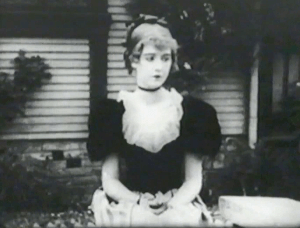
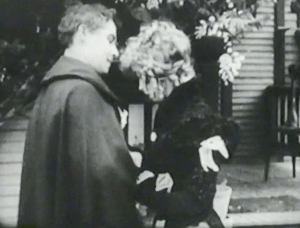
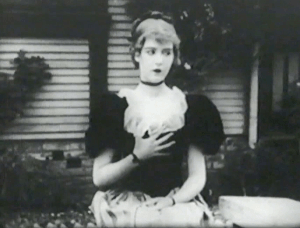
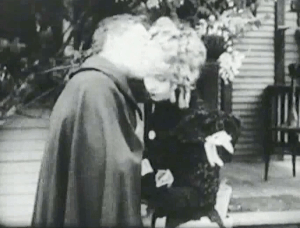
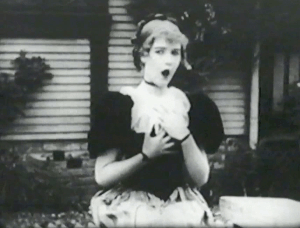
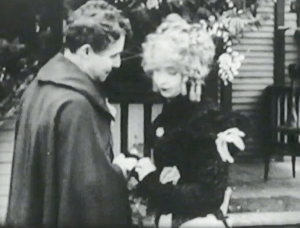
Home, Sweet Home (1914, D.W. Griffith)
#home sweet home 1914#d.w. griffith#dorothy gish#lillian gish#henry walthall#henry b. walthall#favorite scene#really cute dorothy#i adore you mr. walthall
3 notes
·
View notes
Photo
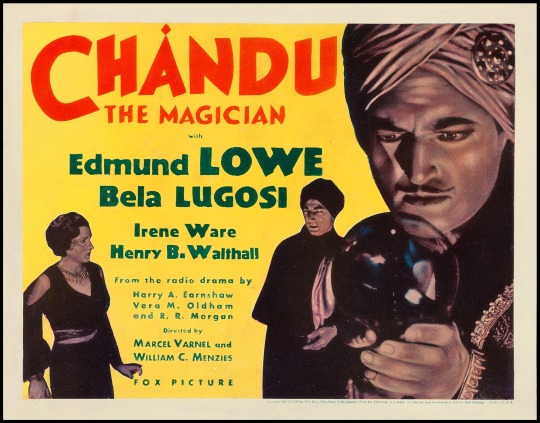
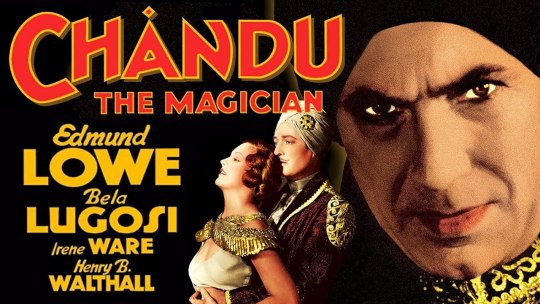
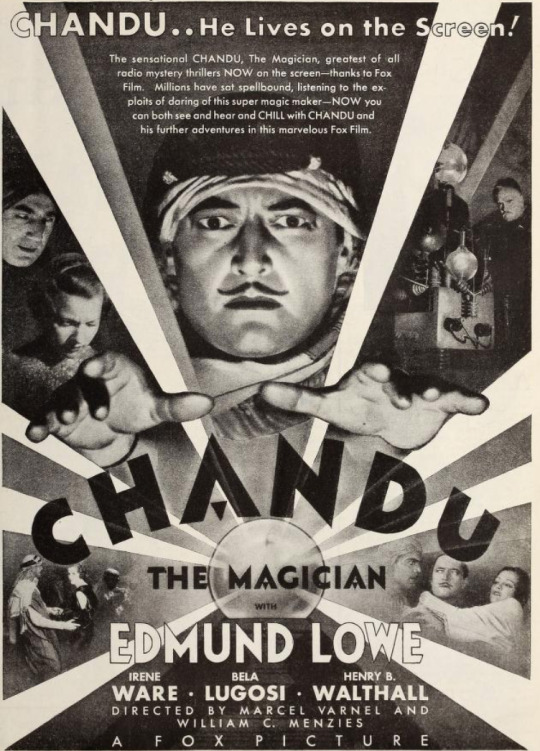
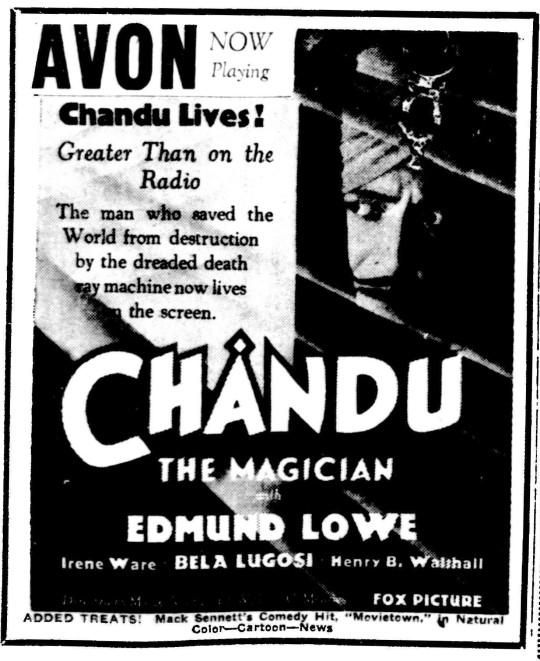
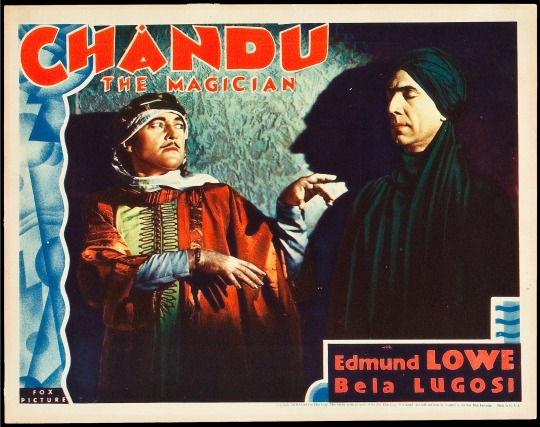
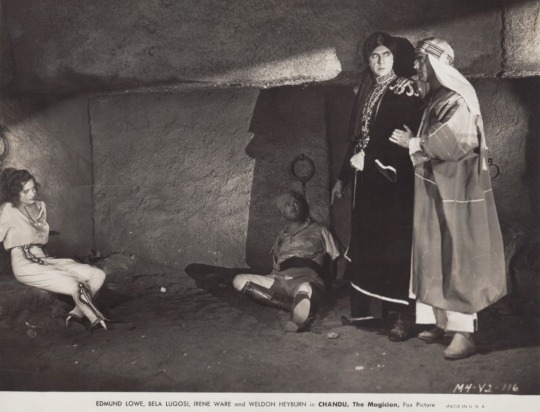
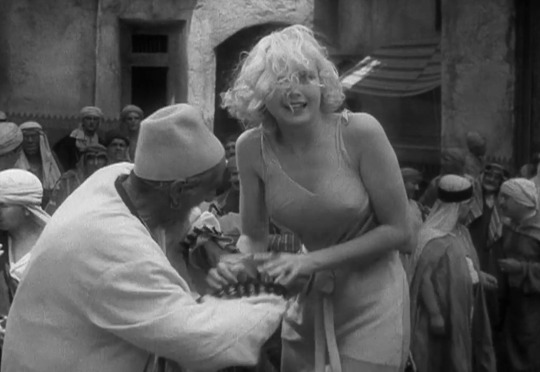
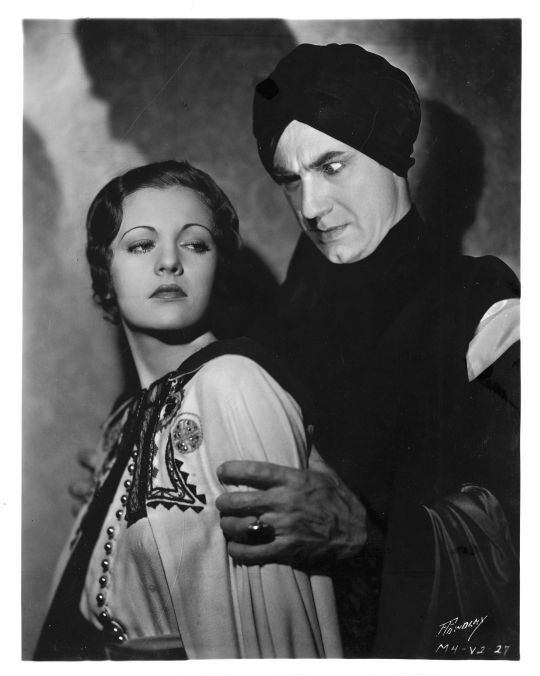
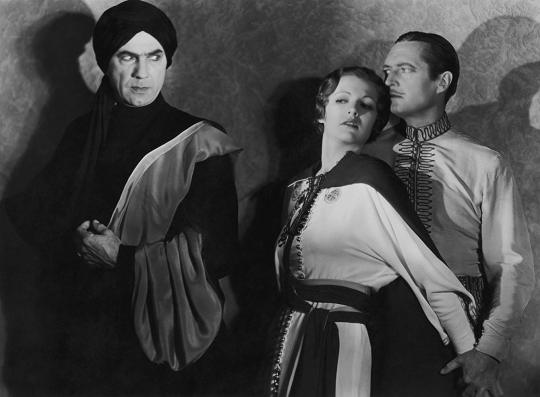
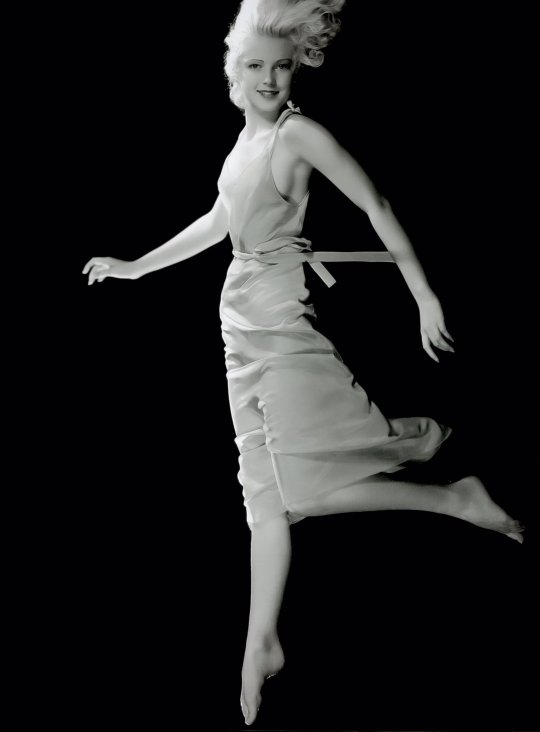
Chandu the Magician (1932) William Cameron Menzies & Marcel Varnel
July 31st 2022
#chandu the magician#1932#william cameron menzies#marcel varnel#edmund lowe#irene ware#bela lugosi#herbert mundin#june lang#weldon heyburn#virginia hammond#henry b. walthall#michael stuart#june vlasek#pre-code
14 notes
·
View notes